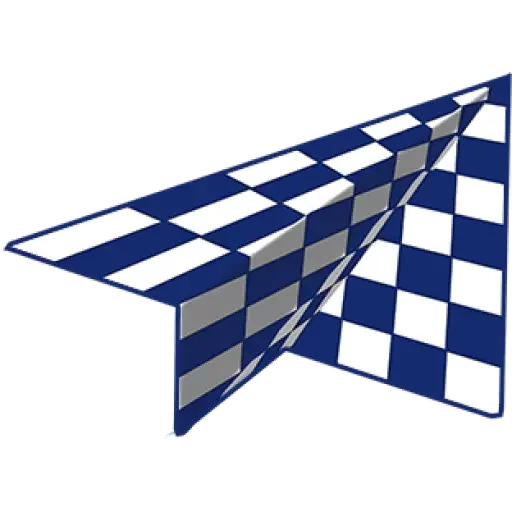Every chess player is unique and has his or her individual need to improve. Sometimes these needs are standard, sometimes they are not. Beginners, intermediate and club players all have room to improve. A typical situation occurs when a player repeats the same type of mistakes… and wonders why his rating is not improving. “I have many, many chess books, videos and lots of software but I find myself jumping around and not staying focused”, one student said. The situation starts changing when a player gets sick and tired of such chess and starts thinking about how to make real improvements.
The method I use during coaching
I look for weak points in a player’s strategy and tactics by analyzing their games. Then, I prepare exercises and assign homework targeted to eliminate these weaknesses. We discuss new games that my students have played and see if positive new habits have appeared. The approach is iterative. As students progress, I reassess their play and keep looking for areas that need improvement. Homework assignments are adjusted accordingly.
A more detailed description of the approach I bring to instruction:
I am convinced that examining your games is the key to improving your chess skills. Our chess study plan will depend on identifying your chess weaknesses.
Playing only blitz and watching videos will not usually improve your chess.
Concrete short-term and long-term goals are essential. It mobilizes you, fires up your thinking and better harnesses the power of your brain.
Having examined hundreds of games played by my students I have come to the conclusion that their mistakes lie not only in the sphere of strategy and tactics, but also in their psychology. Therefore, in addition to the basic courses, I have developed a range of complementary courses, such as “Winning a Won Game”, “Preventative Thinking”, “Skills of Exchange”, and others. The aim of these courses is to help the student develop internal problem solving processes and to realize their full potential.
I strongly recommend that students not use a chess engine for doing their homework. It kills independent thinking! If you really want to progress in chess, you need to learn to think independently at the board. It makes no sense to deceive yourself.
No pain, no gain. You cannot become a strong chess player after a couple of chess lessons, and you cannot progress if you do not work on your own. A coach can give a student general direction and specific instructions and homework, but it is up to the student to do the work and learn.
All the material from our lessons including games we analyze, training positions, homework, opening lines and so on are stored privately and securely online. A student can get access to this material from any device and at any time at his leisure to further improve his understanding of what he has learned. Also, it’s possible to download games as PGN.
